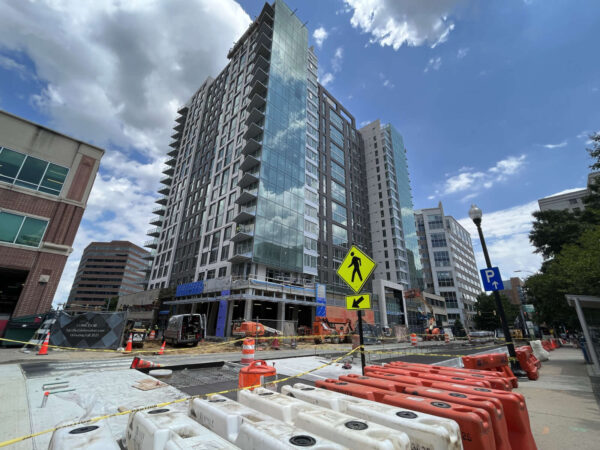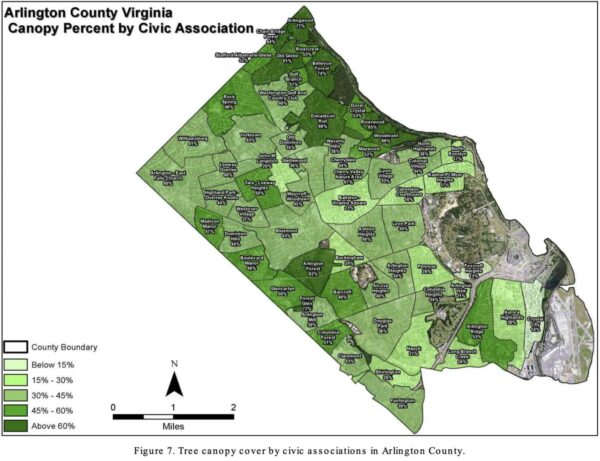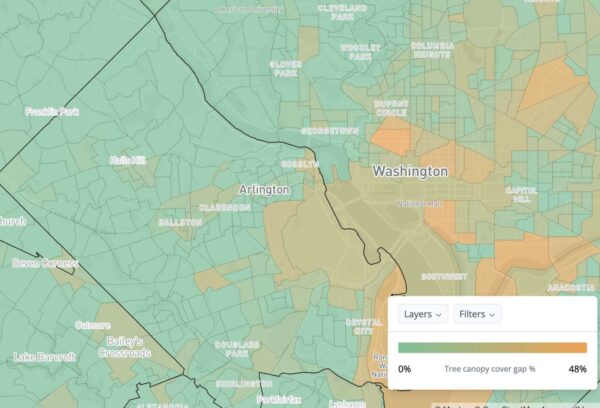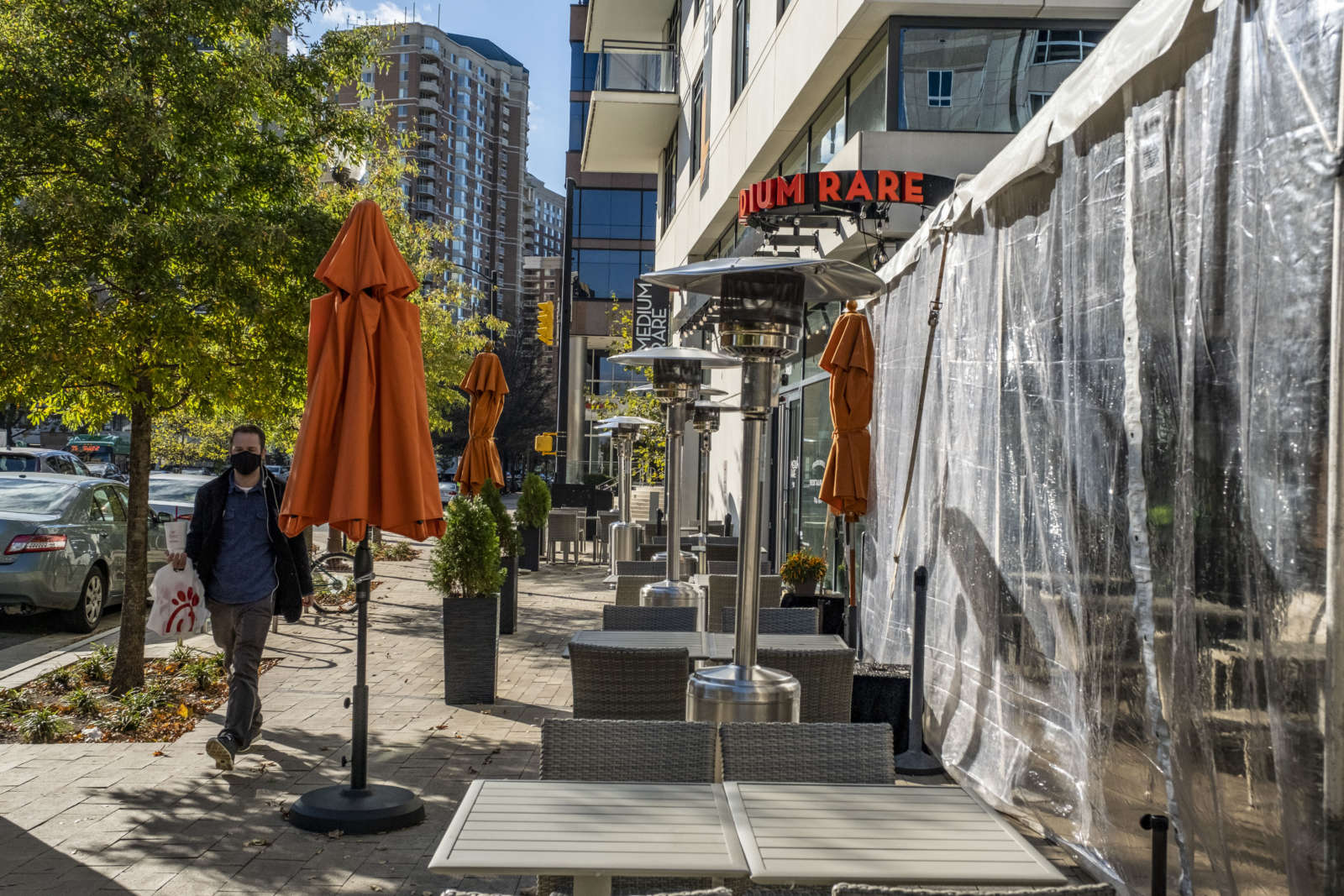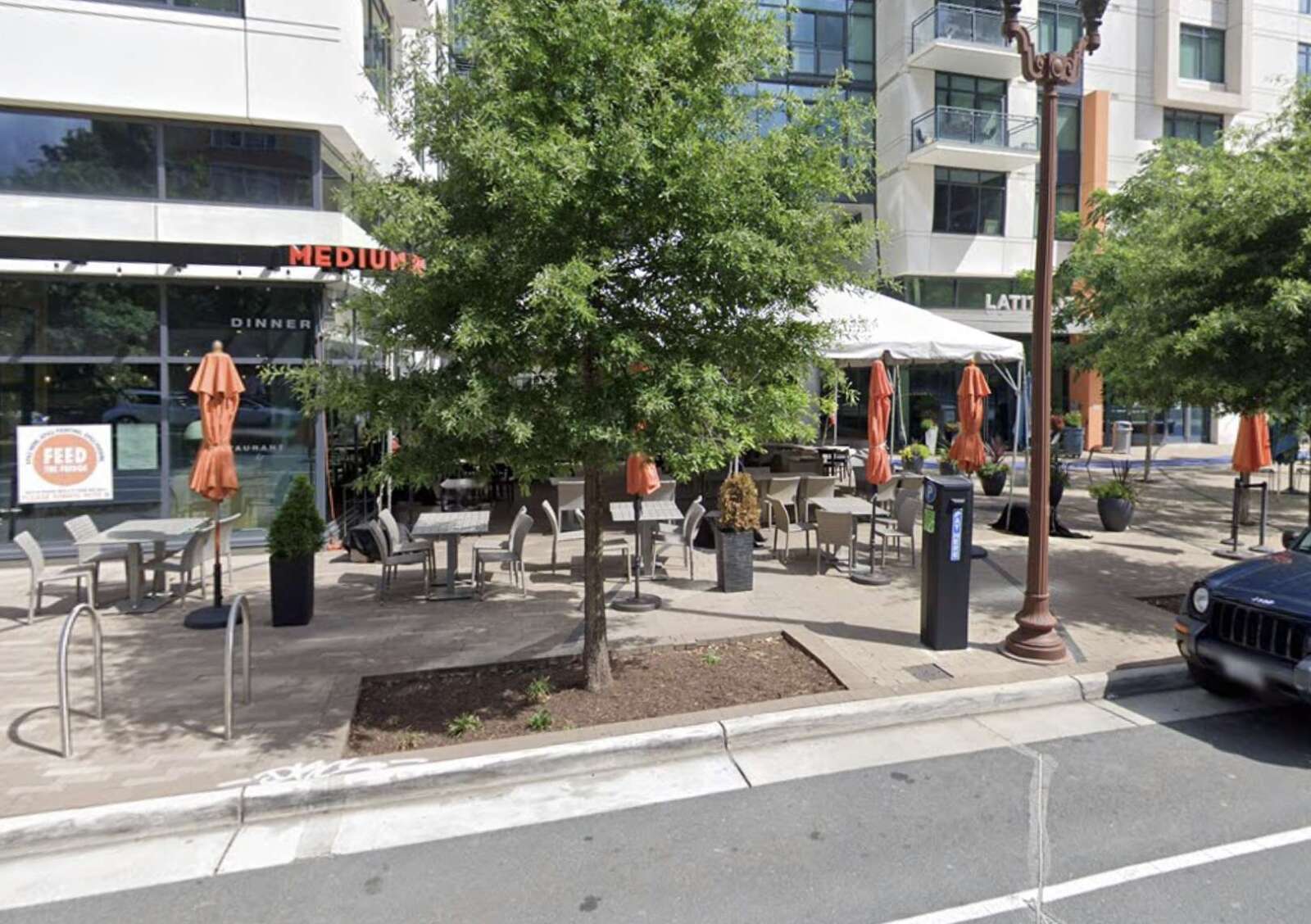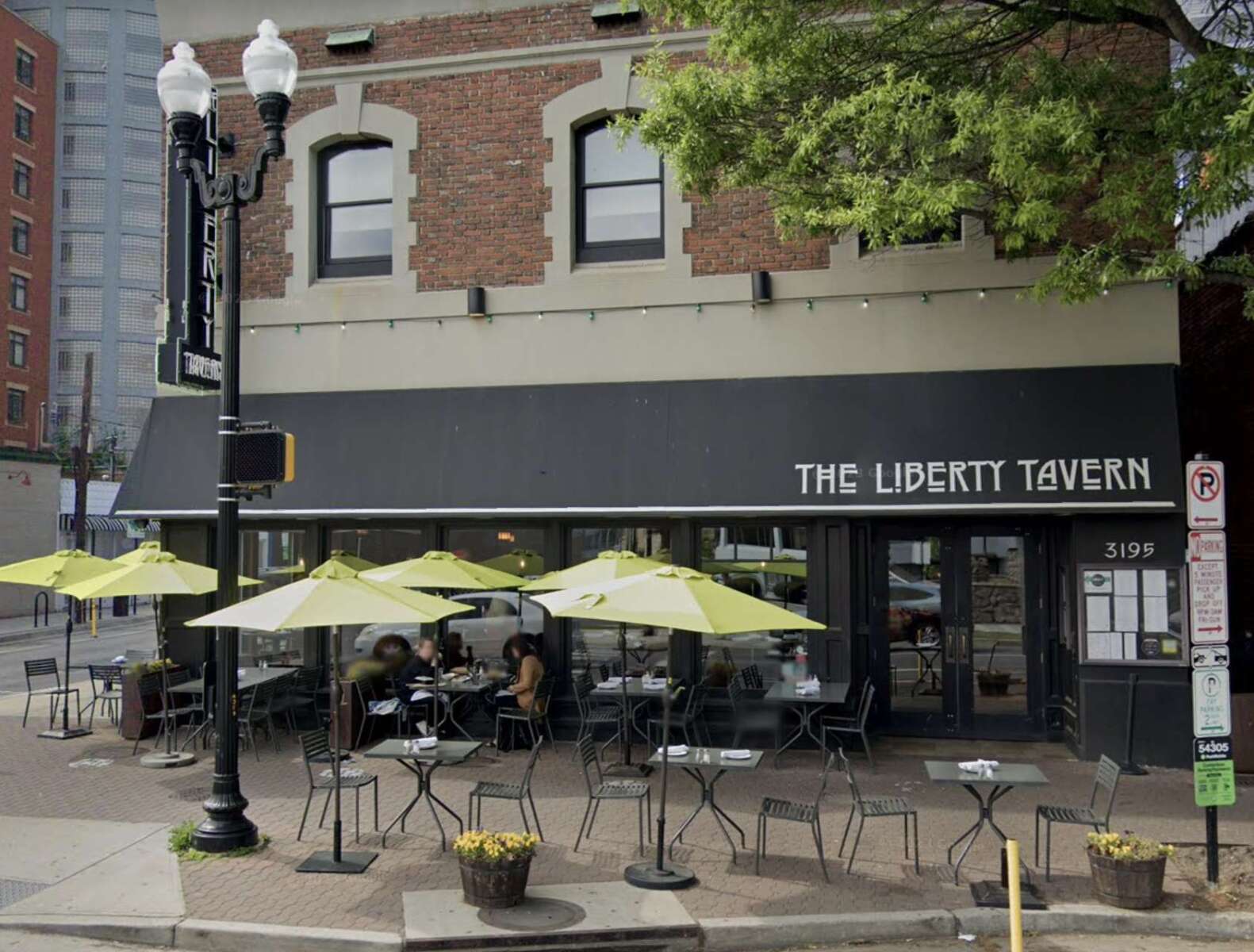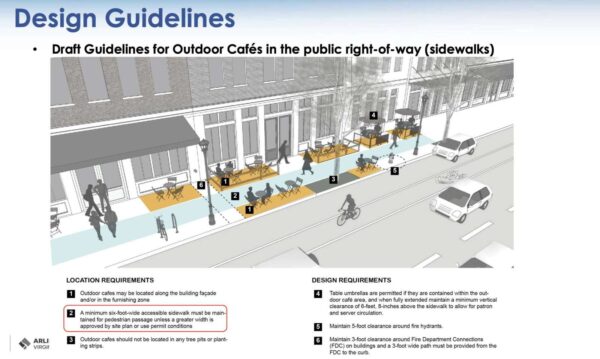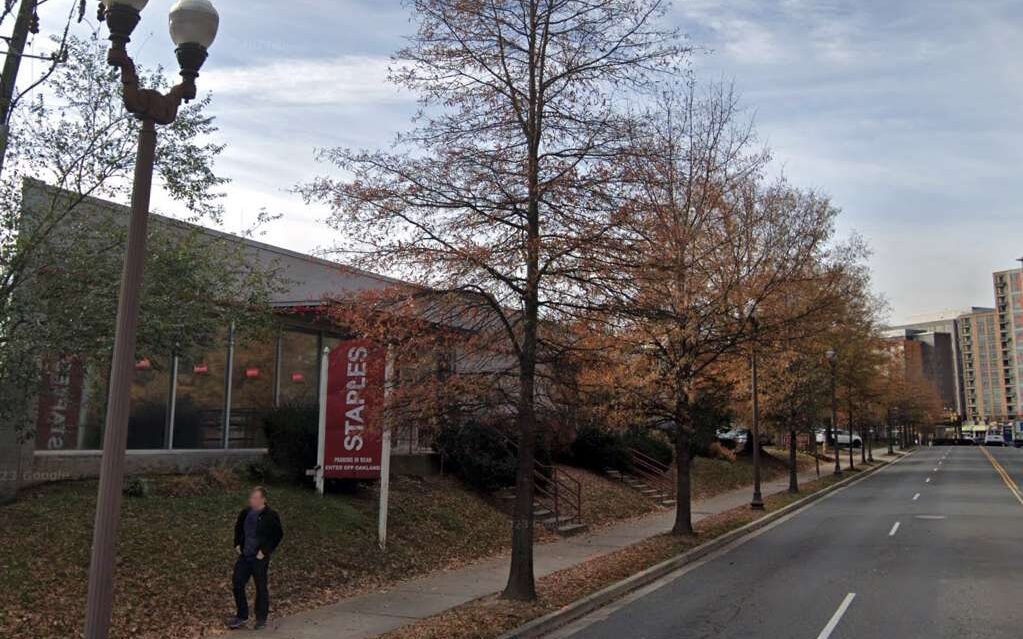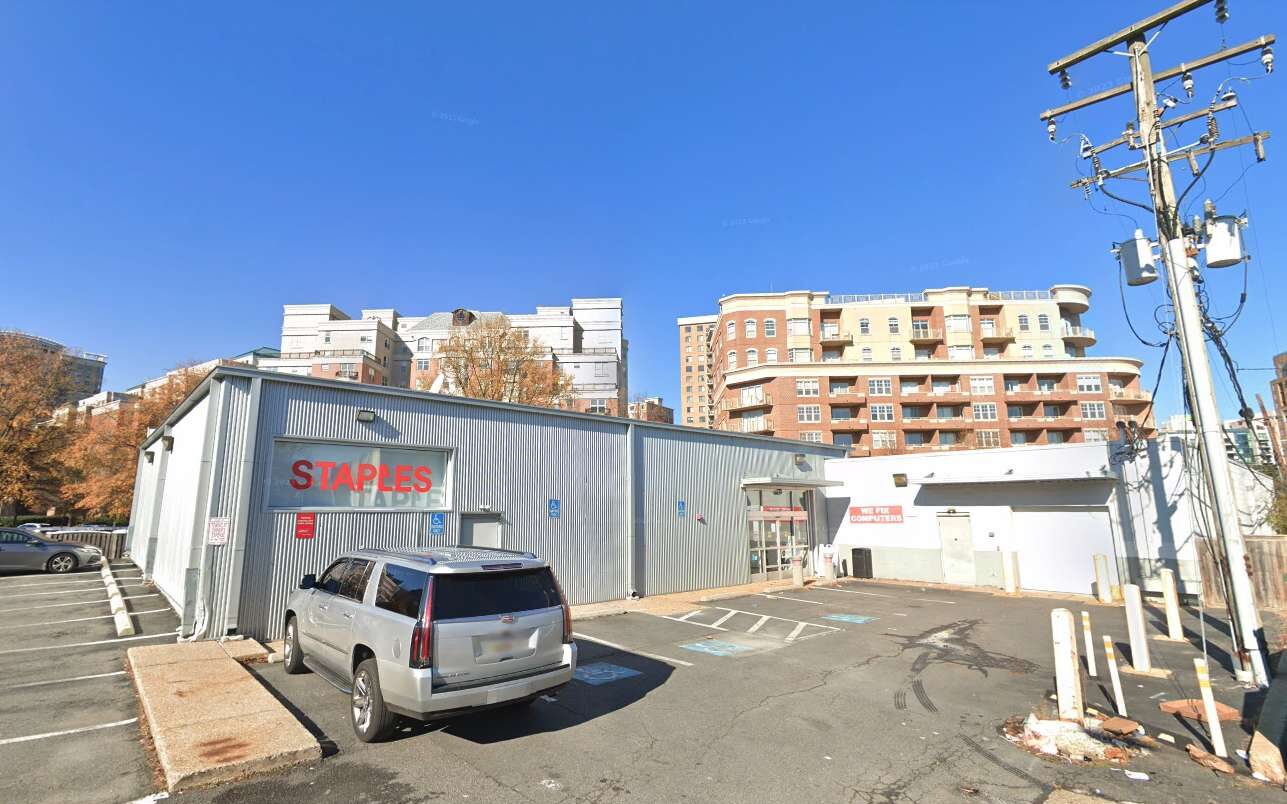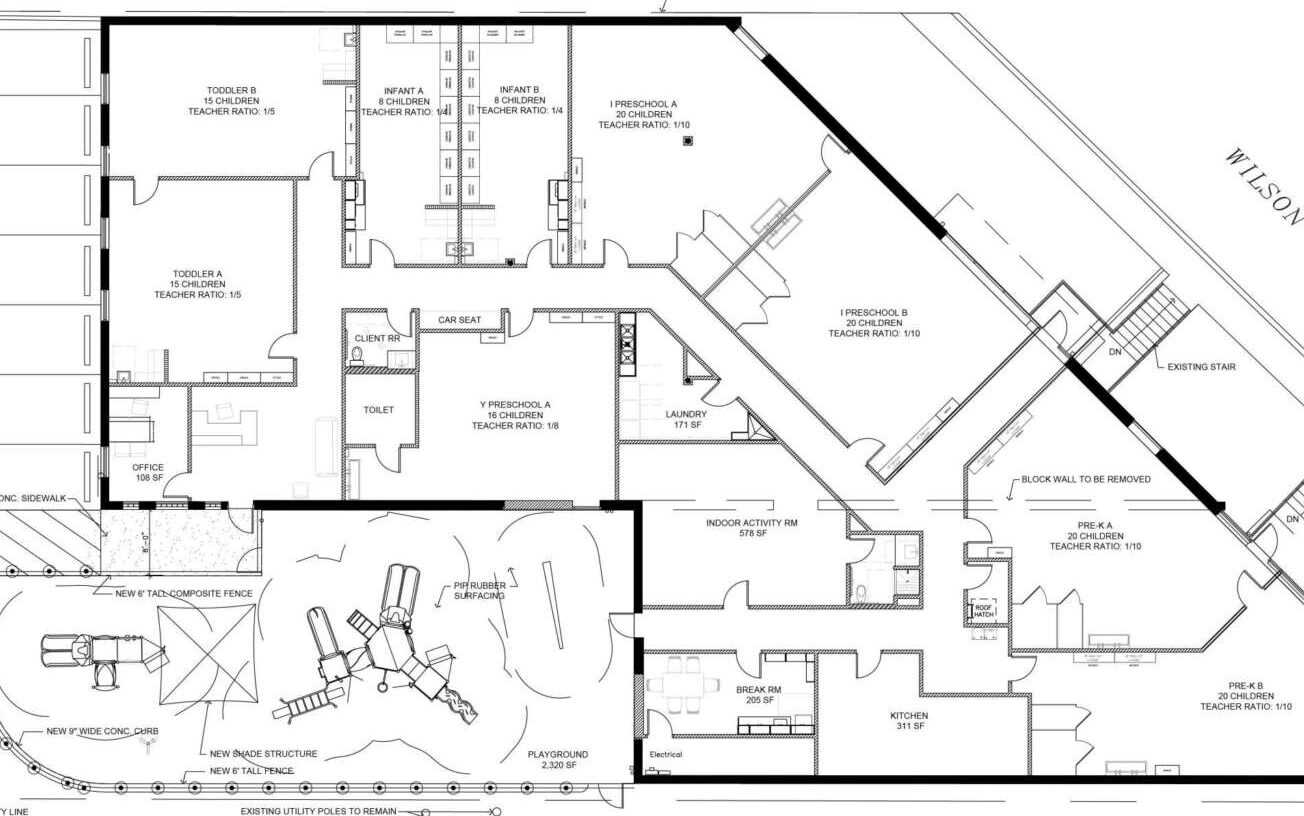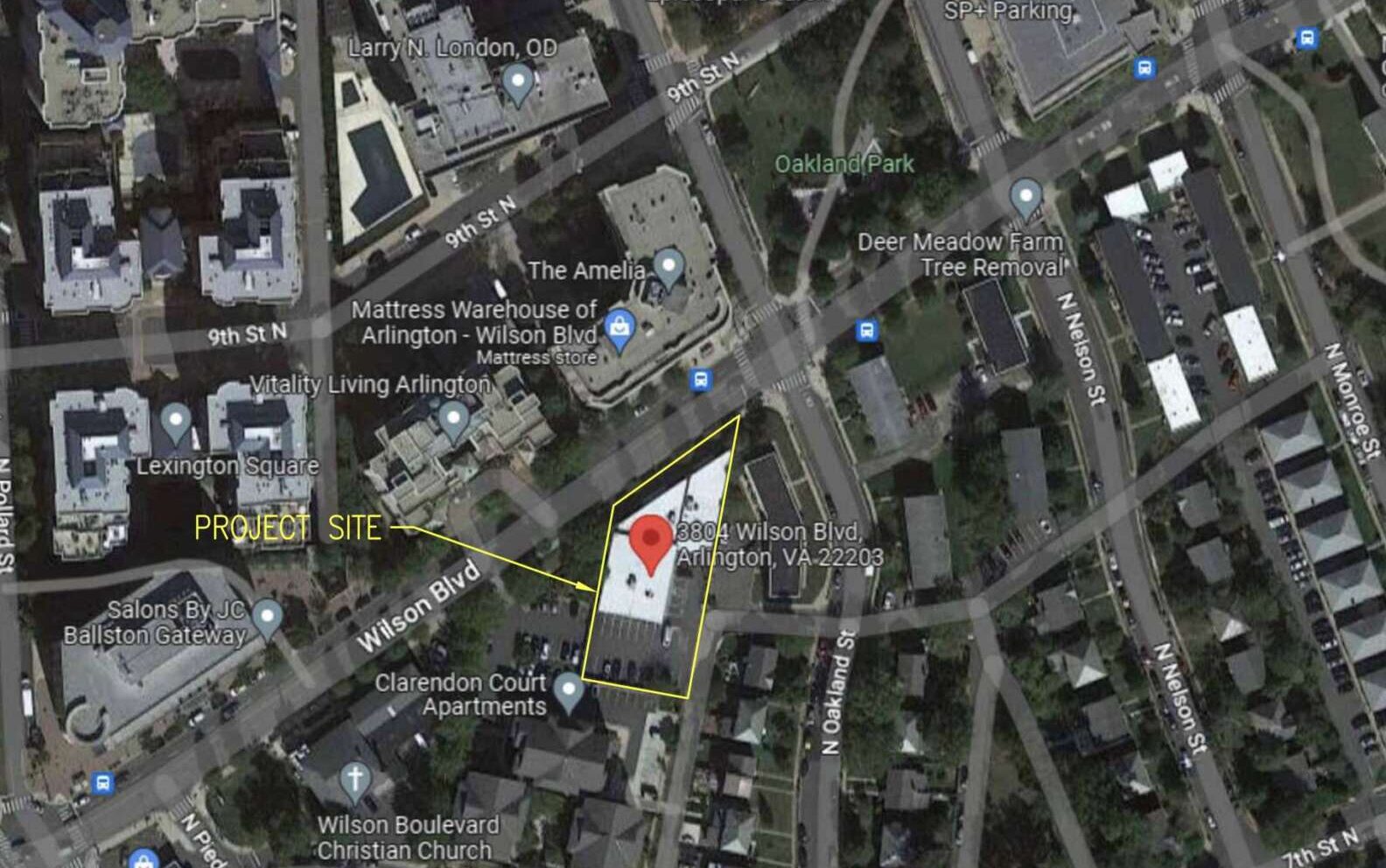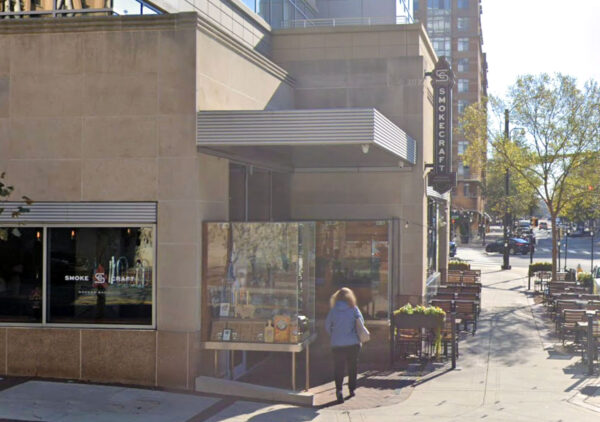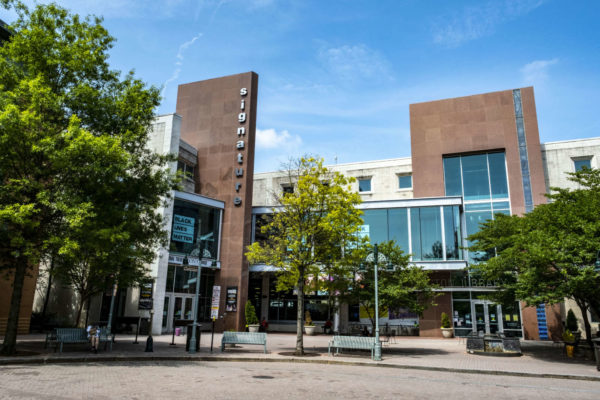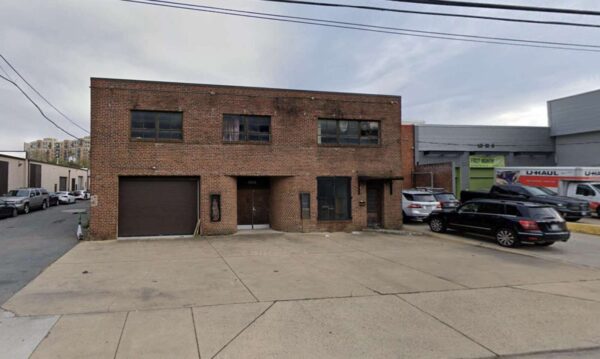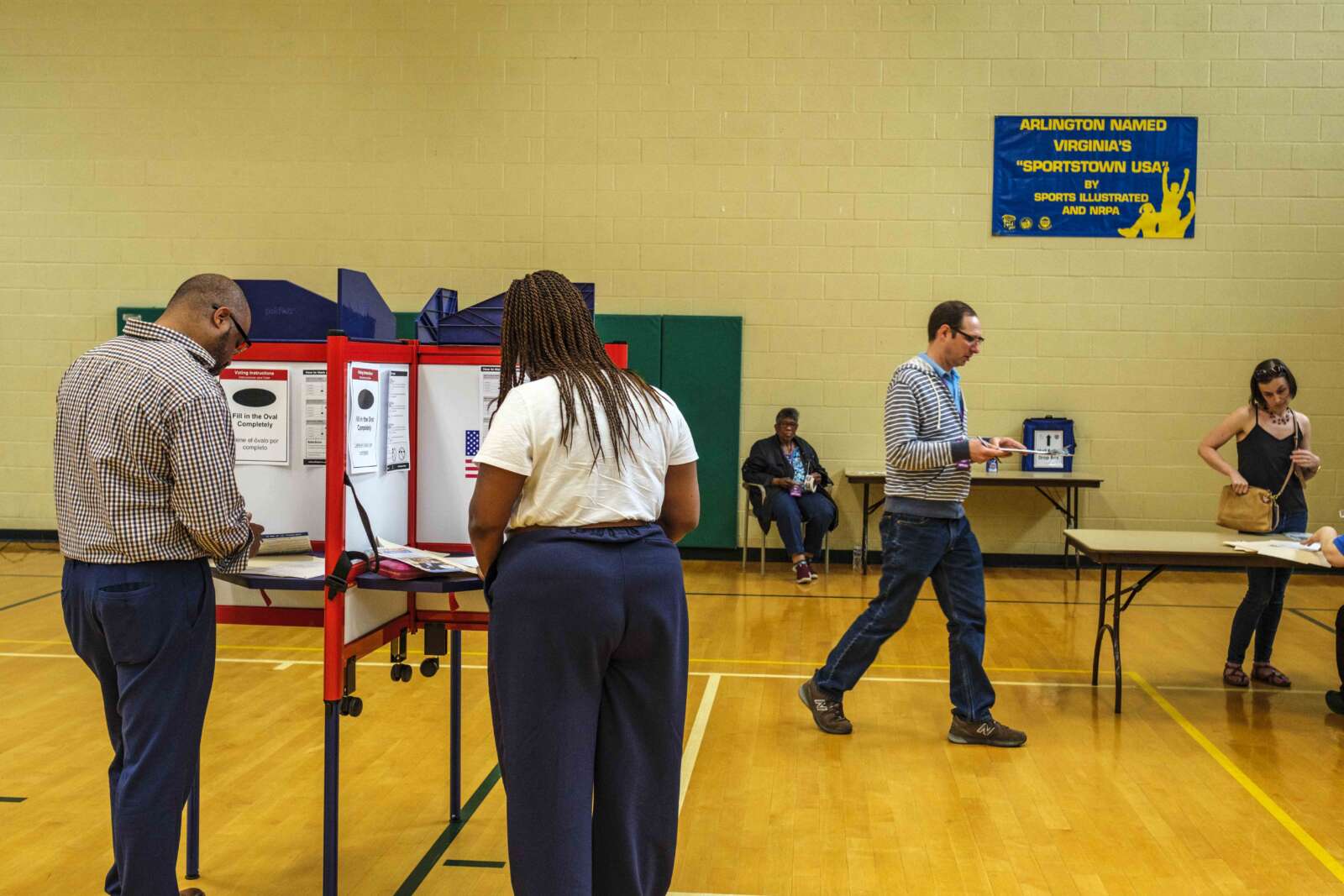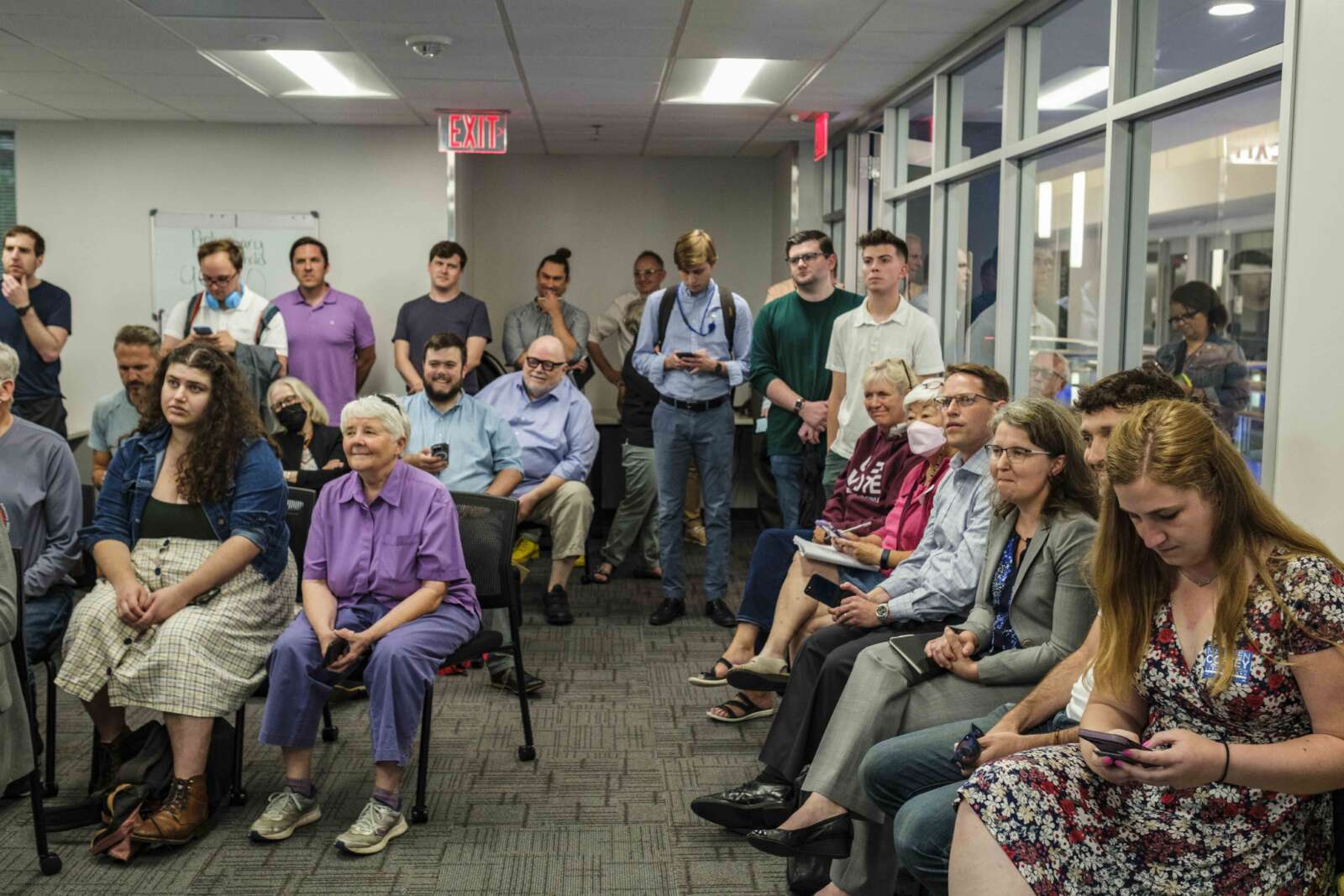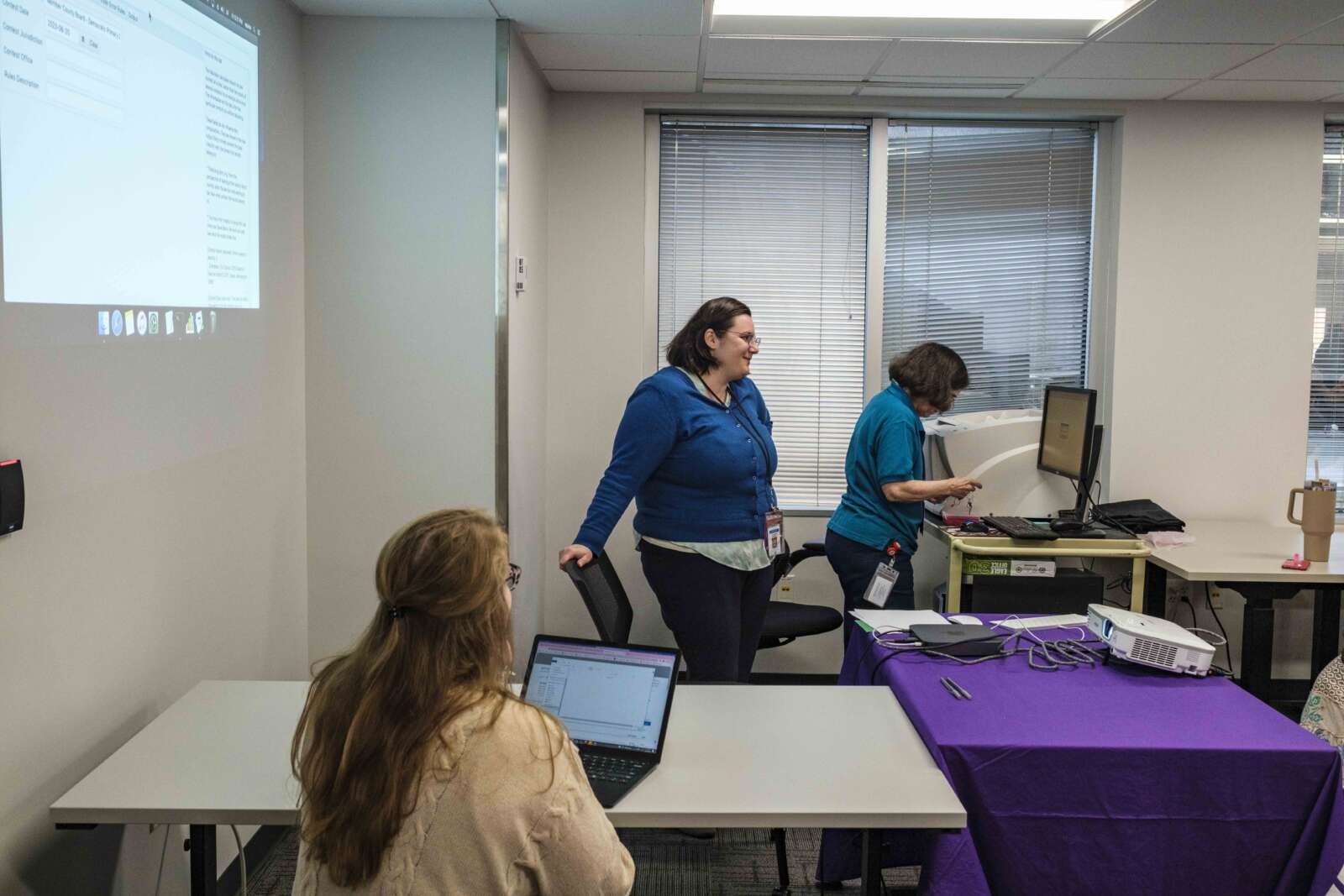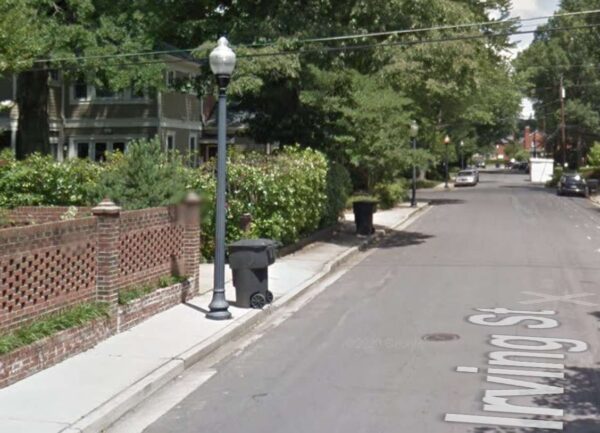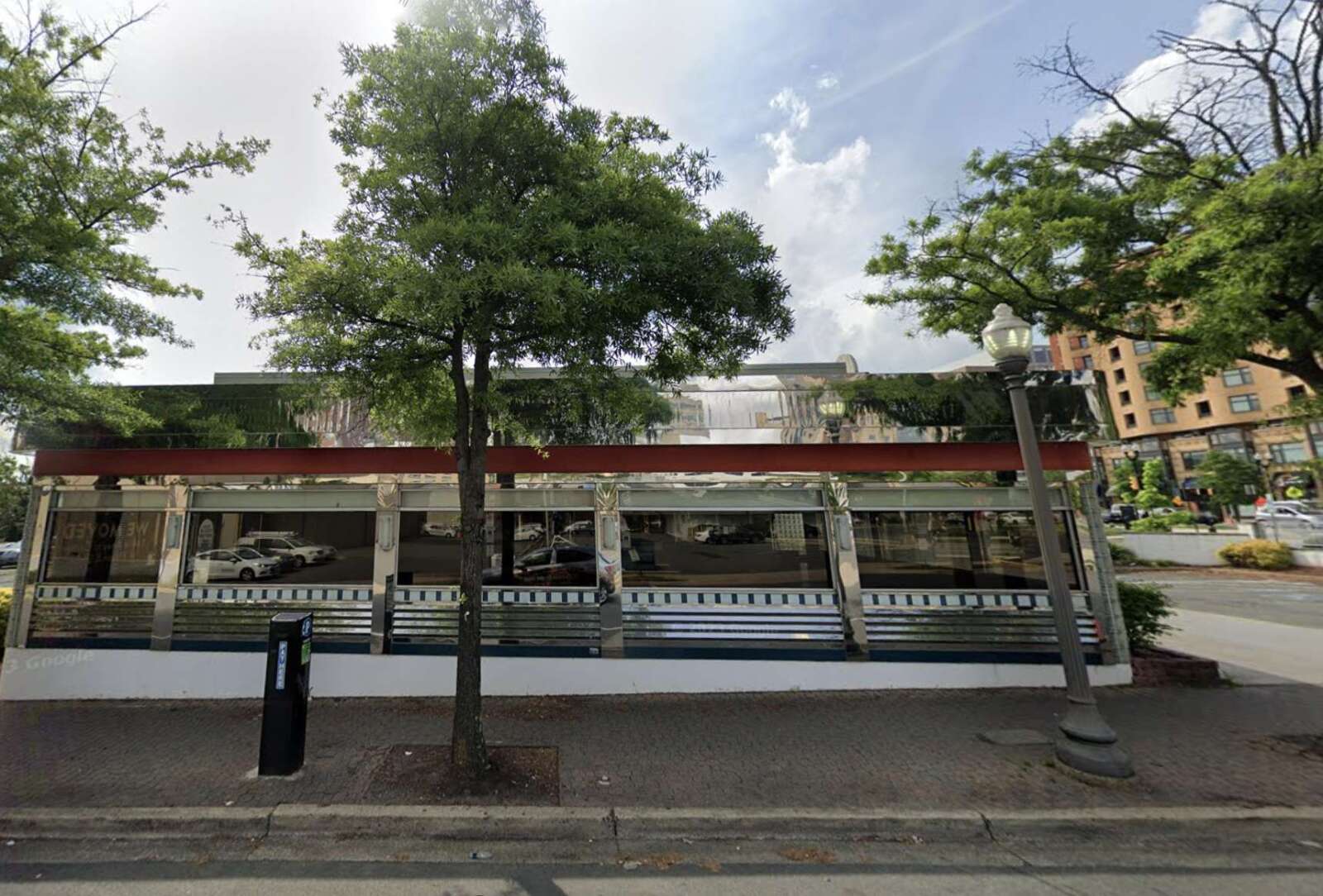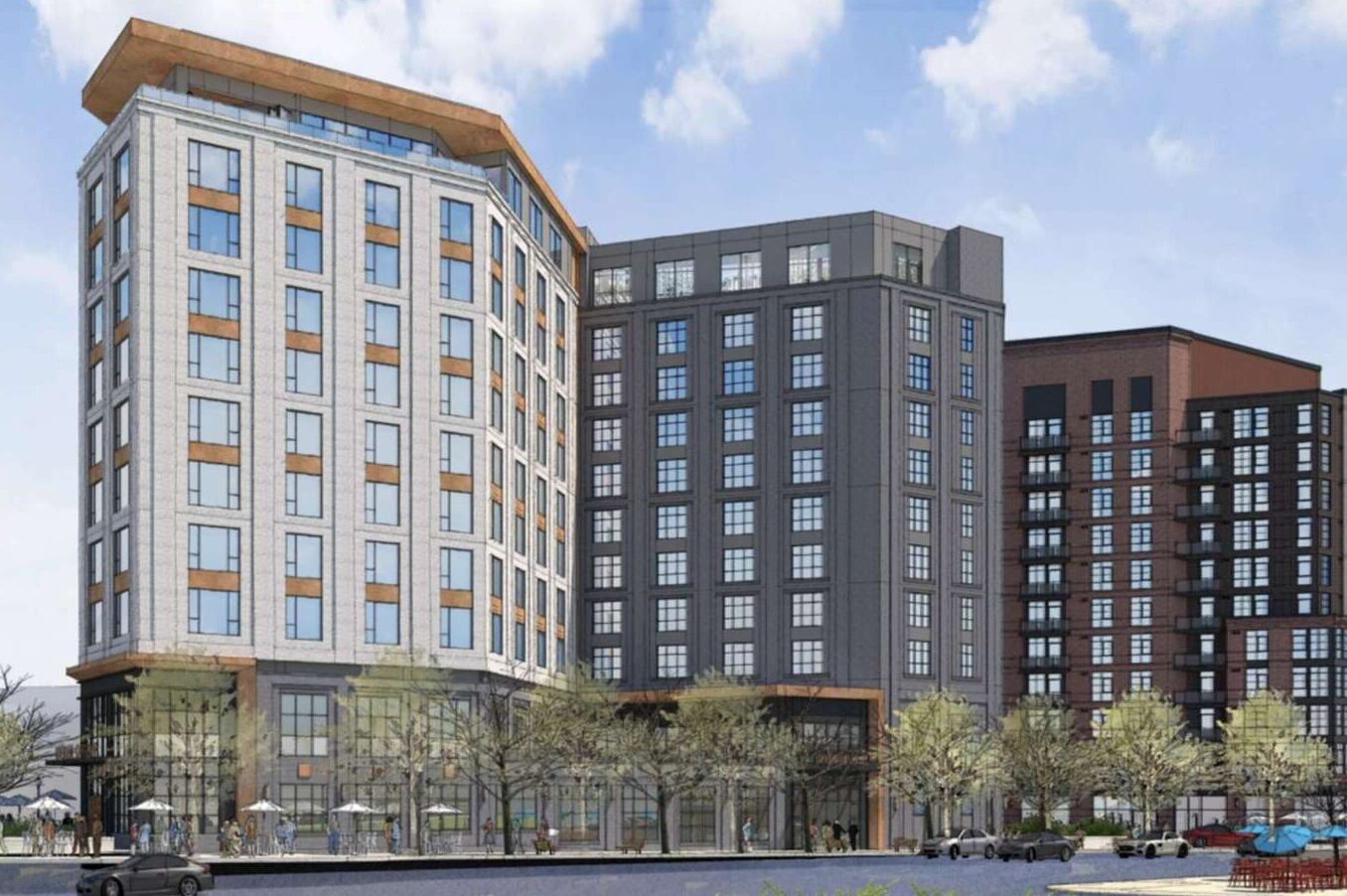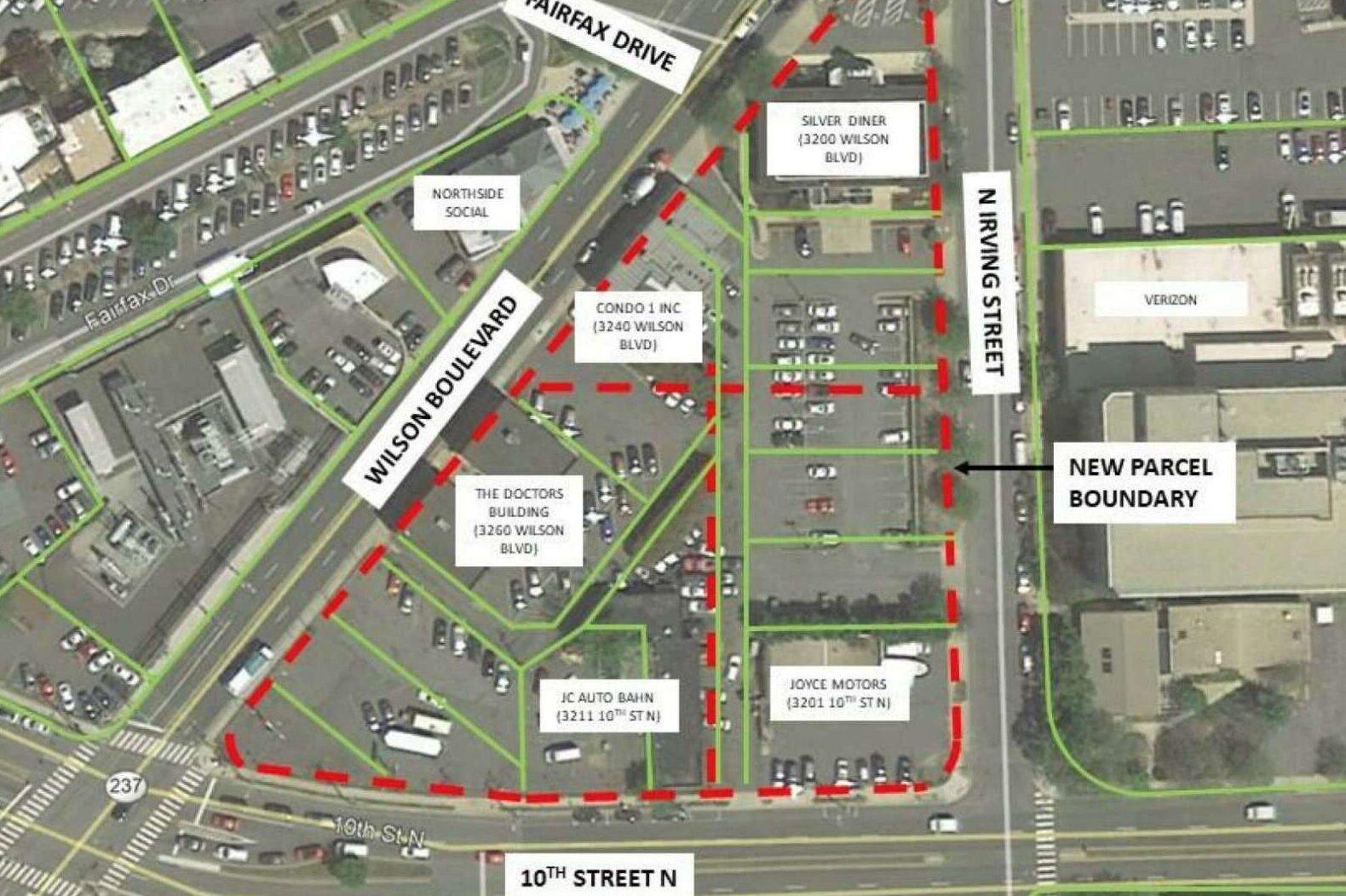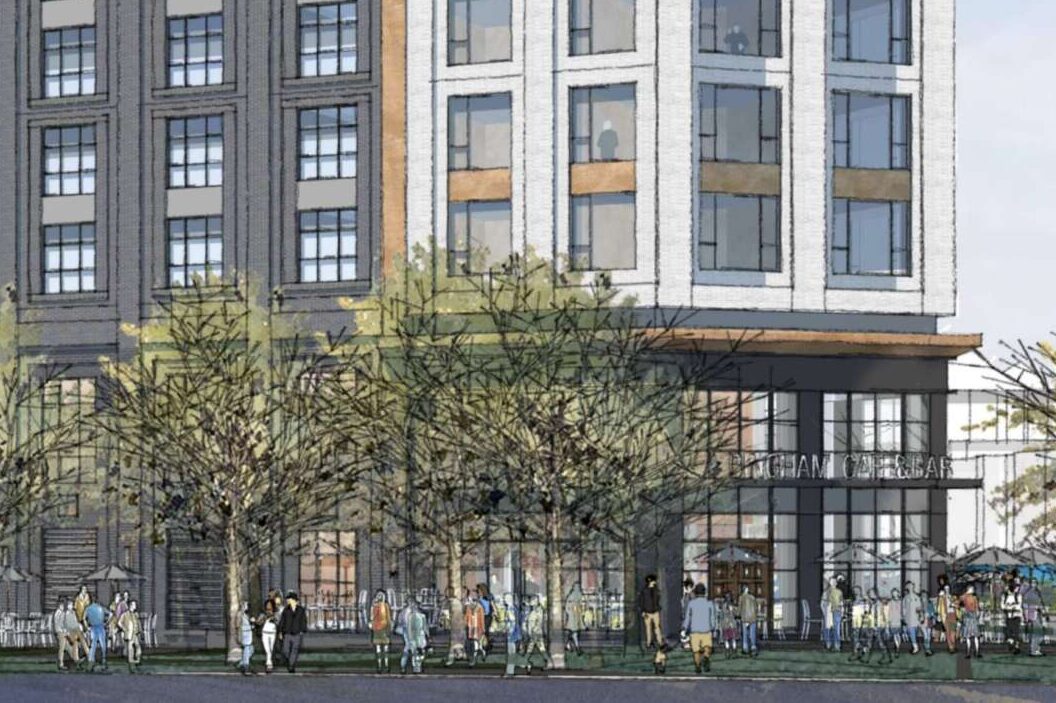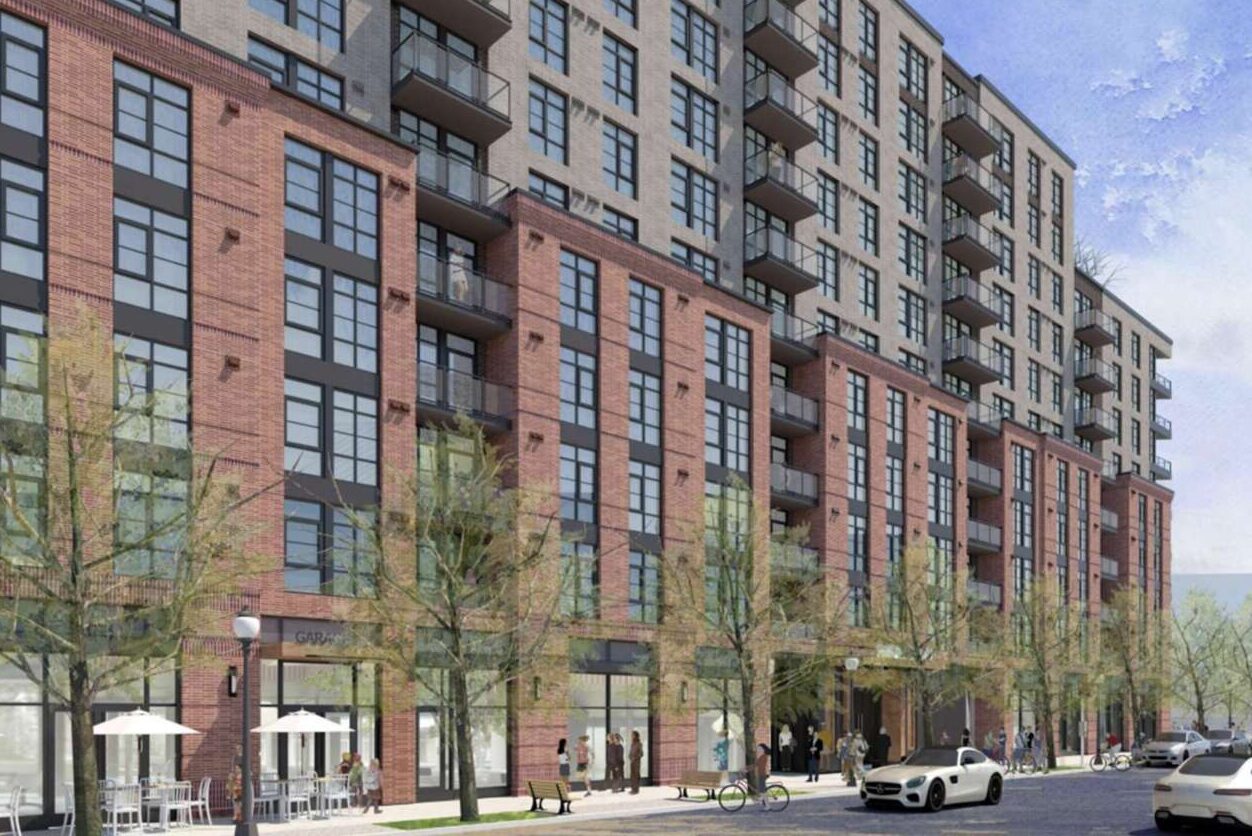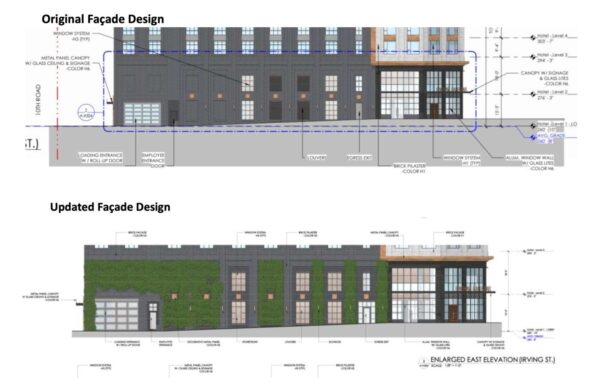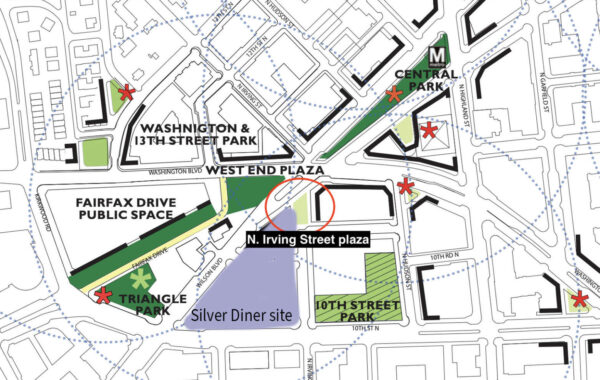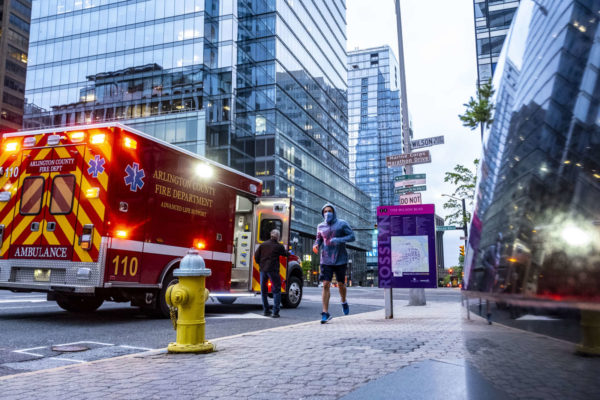
Arlington County’s auditor plans to take a closer look at when ambulance fees are waived to see if he can save taxpayer dollars.
The plans are part of his office’s proposed audit plan for the 2024 fiscal year, which also includes scrutinizing how the county pays for gas in government cars and medical bills for Dept. of Health and Human Services clients. The Arlington County Board unanimously approved this plan on Tuesday.
Jim Shelton, appointed auditor in January, informed Arlington County Board members on Tuesday about his office’s plans to conduct a “data-driven analysis” to determine “the systemic reasons why some [ambulance fees] are waived or written-off.”
“[The analysis] will be focused on [the county’s] revenue and where do we generate it and where do we contain costs,” Shelton said.
Arlington employs a third-party contractor that charges patients who use the county’s emergency medical services, Shelton said. It also has an agreement with surrounding jurisdictions to provide joint emergency medical services.
In March 2022, the County Board authorized the Arlington County Fire Department to raise its ambulance transportation fees to alleviate the burden on taxpayers and shift the cost of providing services to the user or medical insurance.
The county claims uninsured individuals are not denied access to emergency services, and in some cases, the fire department may choose to waive the fees if someone cannot pay.
Although Shelton did not give specific examples, he alluded to discrepancies between services rendered and bills that were not paid.
“And we would like to look at our failure to collect for whatever reason and whether it’s happening more inside the county or more outside the county,” he said.
Shelton said the audit would be conducted in the fall between Oct 1. through Dec. 31 and be primarily “data-driven,” rather than through interviews or other methods.
Newly appointed board member Tannia Talento, who was sworn in on July 15, did not attend the meeting Tuesday. A county spokesperson said she would be present at upcoming Board meetings.


